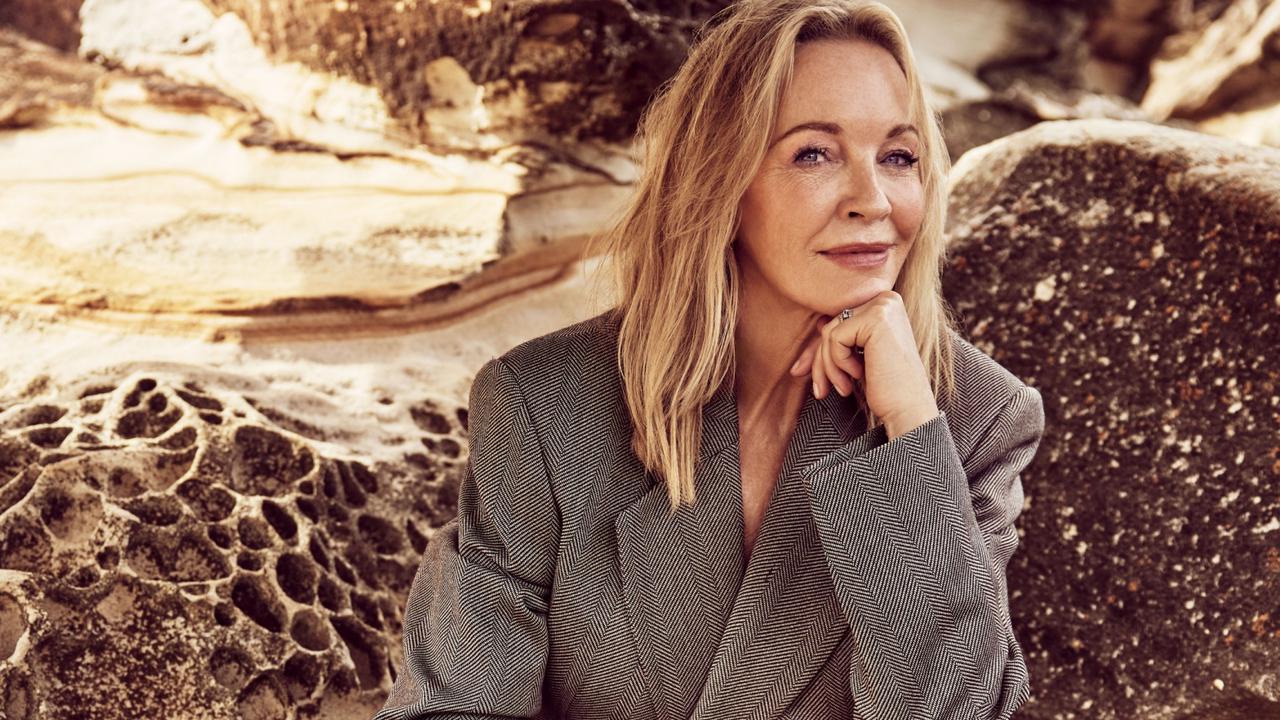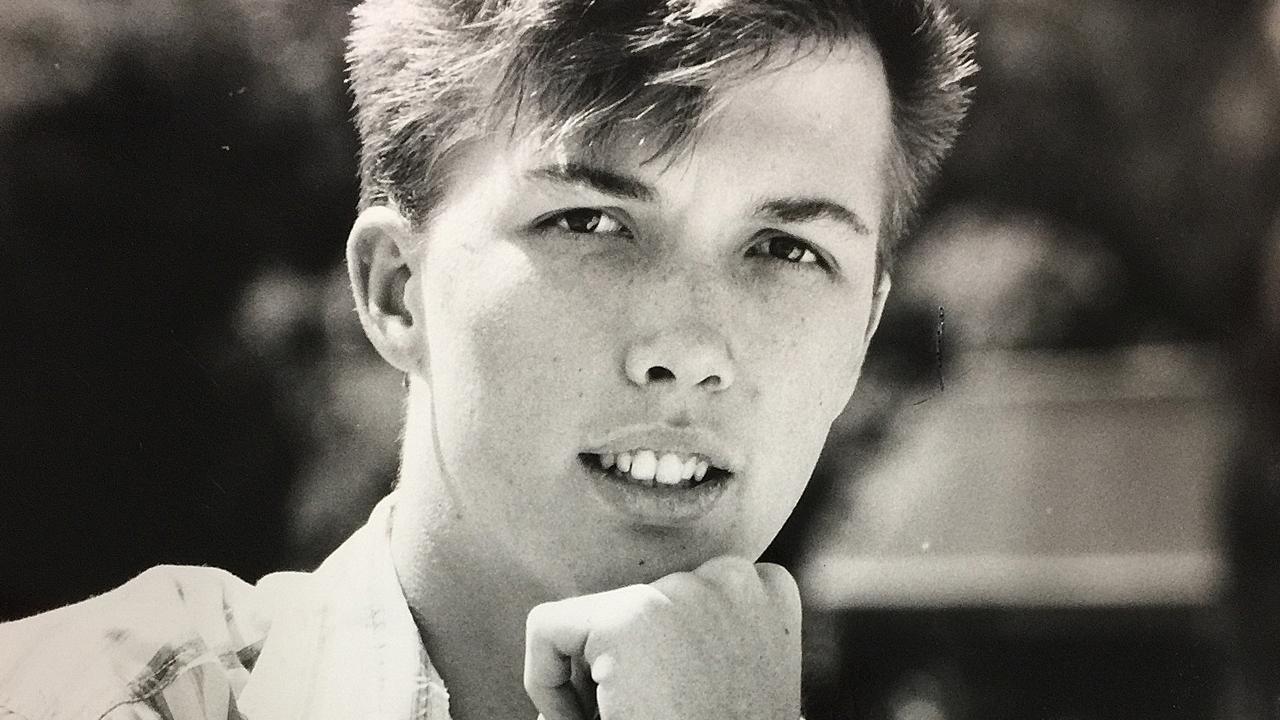Why more women are choosing to divorce after a life-altering illness
The nation’s top divorce lawyers say they are seeing more women who are choosing to divorce after receiving news of a life-altering illness. They tell us why as one woman shares her story.
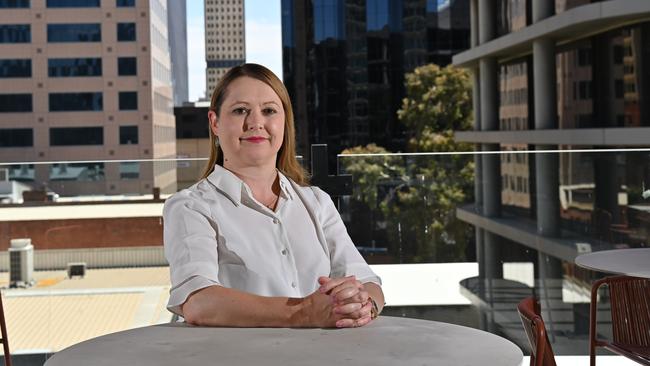
Relationships
Don't miss out on the headlines from Relationships. Followed categories will be added to My News.
The delivery of a devastating health diagnosis is increasingly changing the course of families across the nation in an unexpected way.
Top family lawyers say they are seeing more women who are choosing to divorce after receiving news of a life-altering illness.
They say the women are being “driven by a new sense of clarity and urgency to take control of their own lives and narratives”.
Adelaide’s Jennifer Brown* has experienced it first-hand. She was in her early 40s when she was diagnosed with advanced breast cancer – it was a complete shock for the fit and healthy mother of three whose family had no history of the disease.
Her husband was supportive during and after the gruelling treatment regime to treat her stage 4 diagnosis which included intensive chemotherapy, radiotherapy and surgery.
Finally given a clean bill of health, she found herself seeing her life in a new light.
“I do believe, different traumas – my trauma happened to be an illness – do precipitate these moments,” she says

“They are like a catalyst for understanding yourself better; it is almost an underlying thing that bubbles up and you get a bit of clarity (in a way) that you might not have.
“I can’t say you have something like cancer and then, all of a sudden, your outlook changes … (for me) it was an evolution … at first, I just couldn’t understand it, I was like, ‘What? How? Why? … No’.
“(The realisation I wasn’t happy in my marriage) came to the forefront post cancer as my whole thinking about life and relationships and what I wanted out of life evolved.”
There’s new research, too, mirroring the anecdotal reports, with a 2024 study by the University of Michigan Institute for Social Research finding risk of divorce among older married couples rises when the wife – but not the husband – becomes seriously ill.
“We found that women are doubly vulnerable to marital dissolution in the face of illness … they are more likely to be widowed, and if they are the ones who become ill, they are more likely to get divorced,” lead researcher Amelia Karraker said.

Divorce lawyer Cassandra Kalpaxis says it’s a trend she is seeing at her Sydney-based practice, Kalpaxis Legal.
“I am seeing more and more women come forward who are seeking a life of fulfilment … they are prioritising their health and wellness – and their happiness – above all else,” she says.
“A life-changing health diagnosis – some are told they only have a certain amount of months or years to live – has been the impetus for a change in lifestyle or relationship.
“They no longer have the tolerance, or the willingness, to be able to be in a situation which doesn’t really genuinely bring them a sense of happiness.
“On the flip side, those pressures of marriage are also often the driver for cases where men leave their terminally ill spouses.”
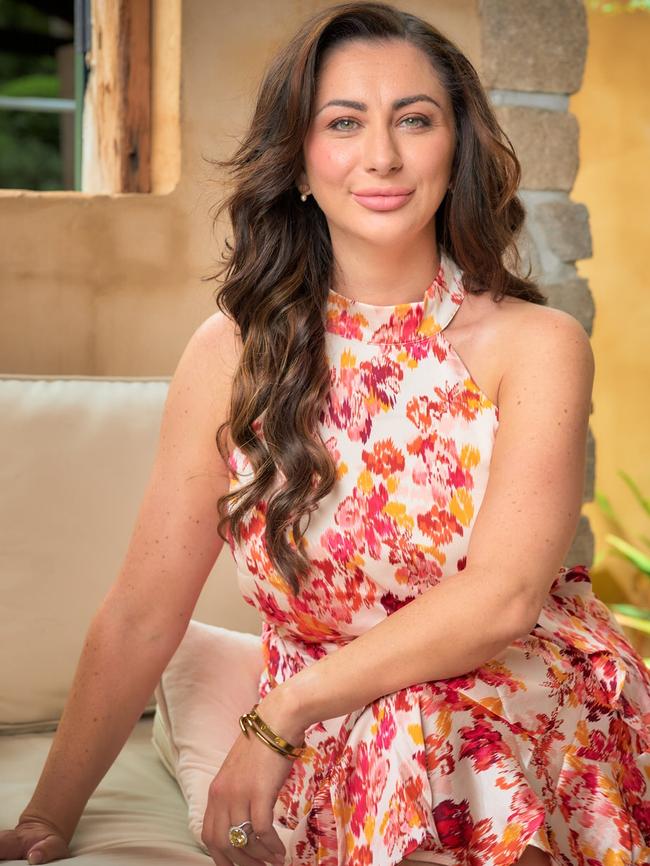
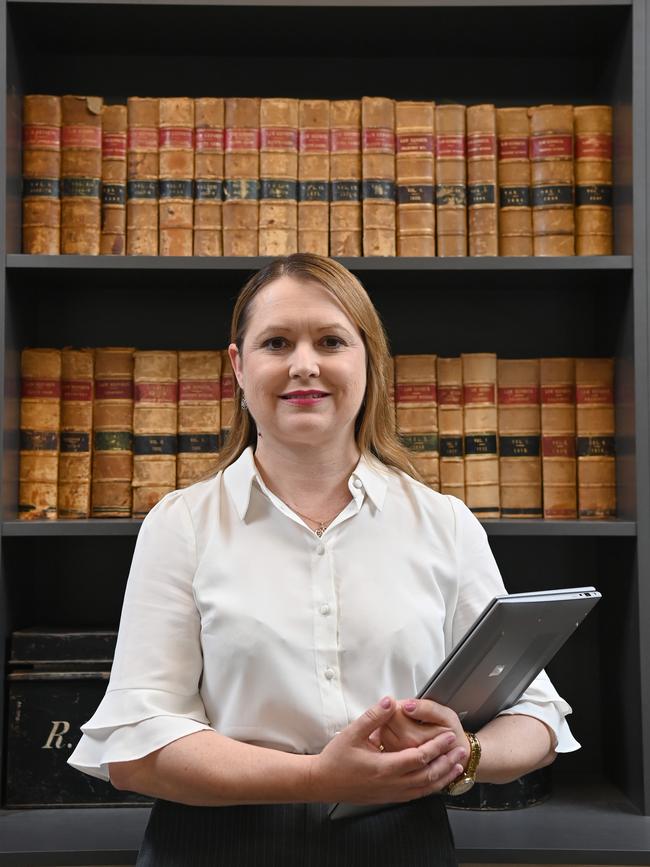
Several years on, Ms Brown can’t say if her relationship would have survived had the cancer journey not happened.
“We probably would have just continued on our expected path and hit all the milestones … but at some stage, well, who knows?,” she says.
While Ms Brown doesn’t regret her decision to follow her heart, she wishes she could have avoided causing pain to loved-ones.
“I didn’t want to cause them such grief (but) I had to have a happy life; I’ve never regretted it but I have felt a lot of guilt over it … I don’t know that I’ll ever be at peace with it,” she says.
Now in a new loving, long-term relationship, she has reconsidered what that means.
“I don’t really want to live with a romantic partner again which is something that would have been unfathomable to me a few short years ago,” she says.
“Now, I’ve seen a different model and a different lifestyle; I can still be in a very loving and wonderful relationship but we don’t necessarily have to live together.”
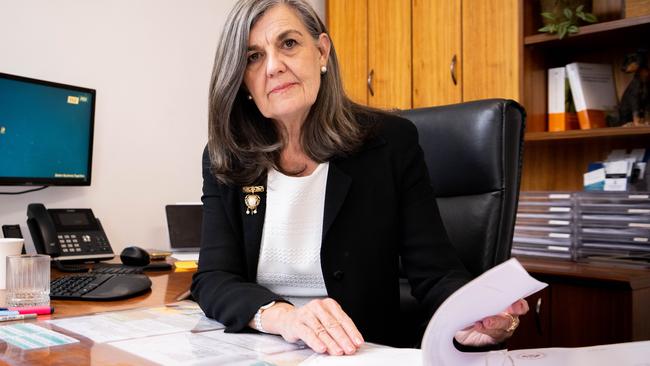
Top Adelaide family lawyer Eva Bailey, a partner at Mellor Olsson, says she is increasingly seeing others share Ms Brown’s sentiments.
“I see that when someone is facing a major life event, they reassess their priorities and think about whether or not the relationship they are in is giving them the satisfaction that they’re looking for … whether it’s something they want for the rest of their life,” she says.
Leading collaborative practitioner Bev Clark can also point to cases where “serious illness has been a catalyst to end a relationship”.
* Name changed to protect privacy of family
More Coverage
Originally published as Why more women are choosing to divorce after a life-altering illness




